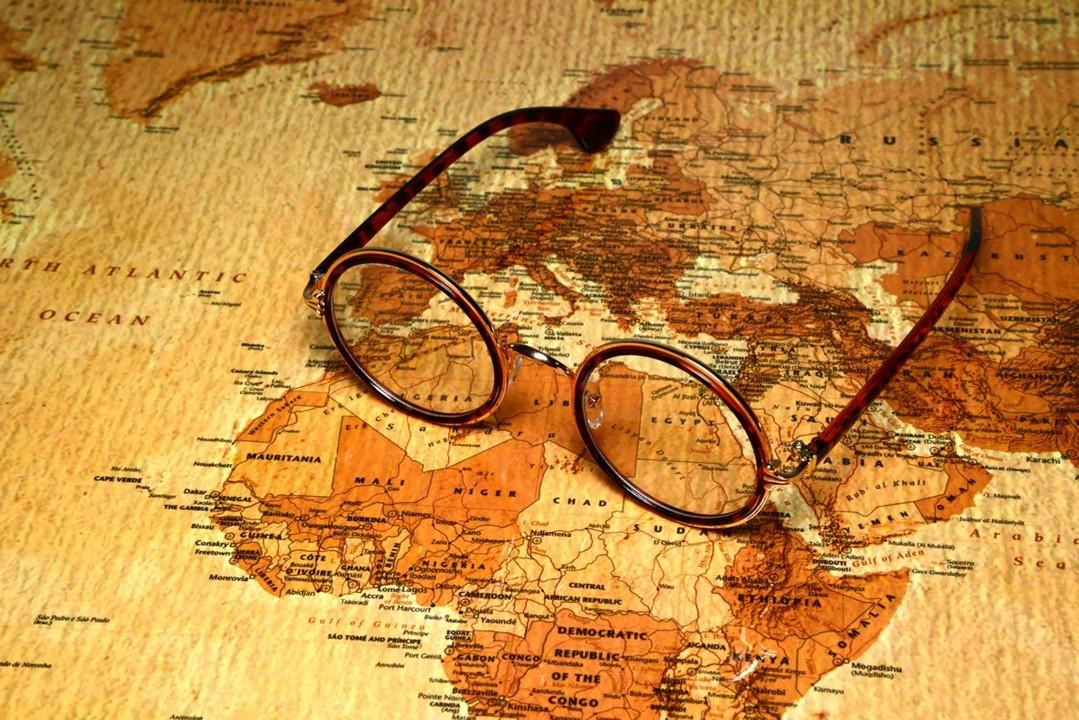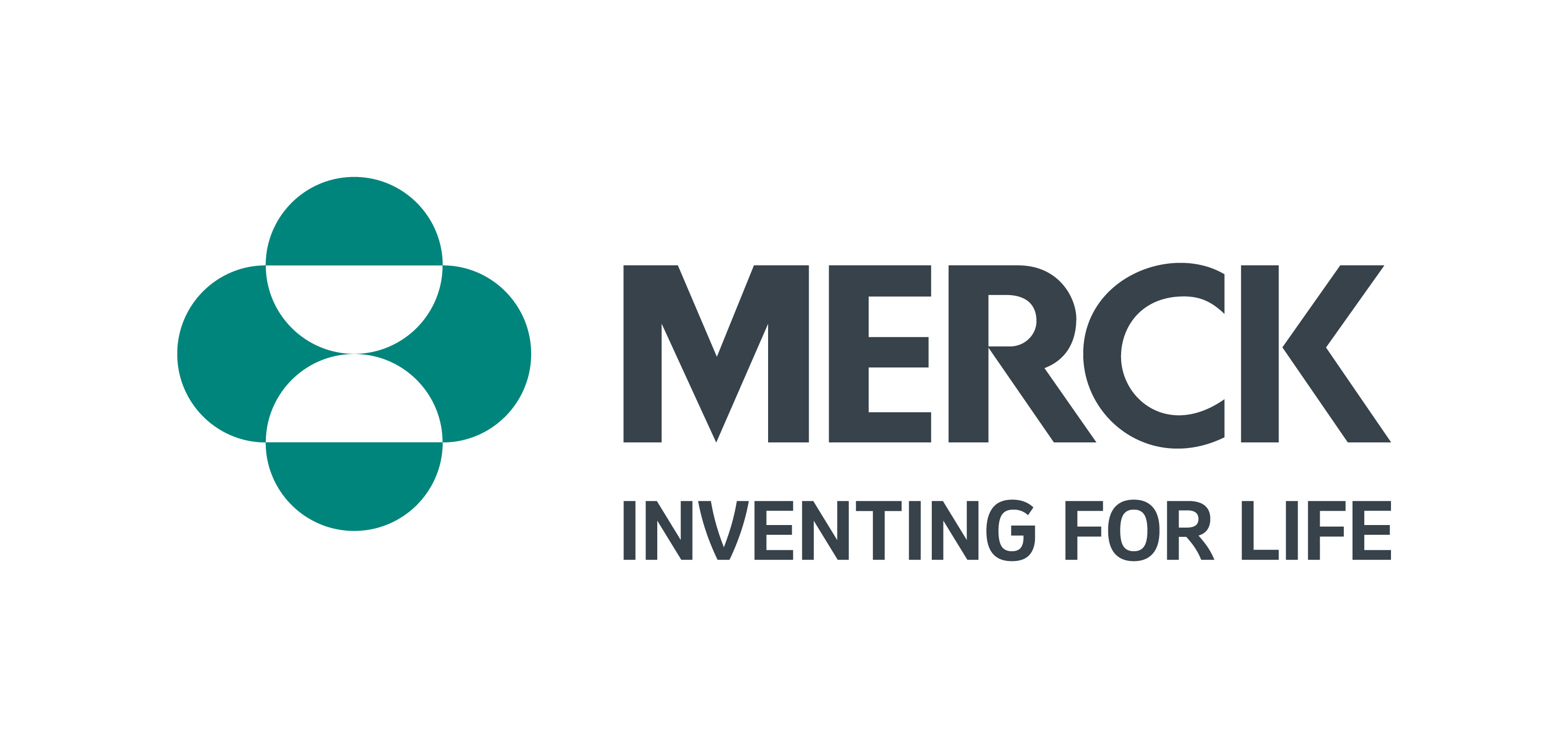How Making a Difference Really Opened my Eyes
By Gorkhan Batur, Executive Director, Global Brand Leader

When was the last time you went to work and had an eye-opening experience? Last year, I was selected for a 13-week assignment in Tanzania, one of the poorest countries in Africa, as part of the MSD Fellowship for Global Health. The Fellowship is an example of MSD’s mission and vision in action and is one of the many ways the company demonstrates its commitment to corporate responsibility. I along with two other MSD colleagues worked with SightSavers, an organization that tackles preventable blindness and visual impairment in the developing world and now I look at things in a whole new way.
Uncorrected refractive error (URE) is highly prevalent in Africa. And although URE can be resolved by wearing glasses, less than 2 percent of Tanzanians actually do. As the leading cause of visual impairment and the second leading cause of blindness in Africa, there was no question that URE, which affected schoolchildren and adults, was negatively impacting the country’s social, economic and educational development.
Our team developed a strategy aimed at informing Tanzanians of the value of wearing glasses and creating demand for services that would help correct URE. With no prospect of government funding, our proposal had to be self-funded, sustainable and scalable. We looked for creative solutions since 90 percent of the population lived without electricity, only one hospital in Tanzania offered URE services, and the lack of transportation meant a trip to the hospital was an all-day excursion.
The “Business in a Bag” model we proposed entailed training people who would then travel to villages to personally educate local citizens about eye care, screen their vision and sell reading glasses, if needed.
The pilot targeted low-income working adults as they had the largest incidence of presbyopia (a condition requiring reading glasses) and were responsible for making their family’s financial decisions. At the three events we hosted, we screened 280 adults and surveyed 141 more to better understand behaviors, barriers and opportunities.
Our results were astonishing! During the pilot, 96 percent of government workers and 84 percent of remote villagers purchased glasses. (We had expected only 10 to 20 percent to do so for our model to become self-funding, scalable and sustainable.) Clearly, education can make a difference.
It doesn’t take perfect vision to see that this experience will have a lasting impact on me personally and professionally. Working with SightSavers reinforced the value of spending more time with healthcare providers and patients. The five weeks spent investigating local markets with very limited resources led to a better understanding of end users and impacted the program’s outcome. The experience also taught me the importance of being present in the moment. As a result, I am a kinder, more patient person who is more engaged with my surroundings both in my personal and professional life. And, it doesn’t take perfect vision to see how fortunate I am to work for a company that demonstrates a commitment to corporate responsibility every day and that encourages employees to go out and make a difference in the world!

